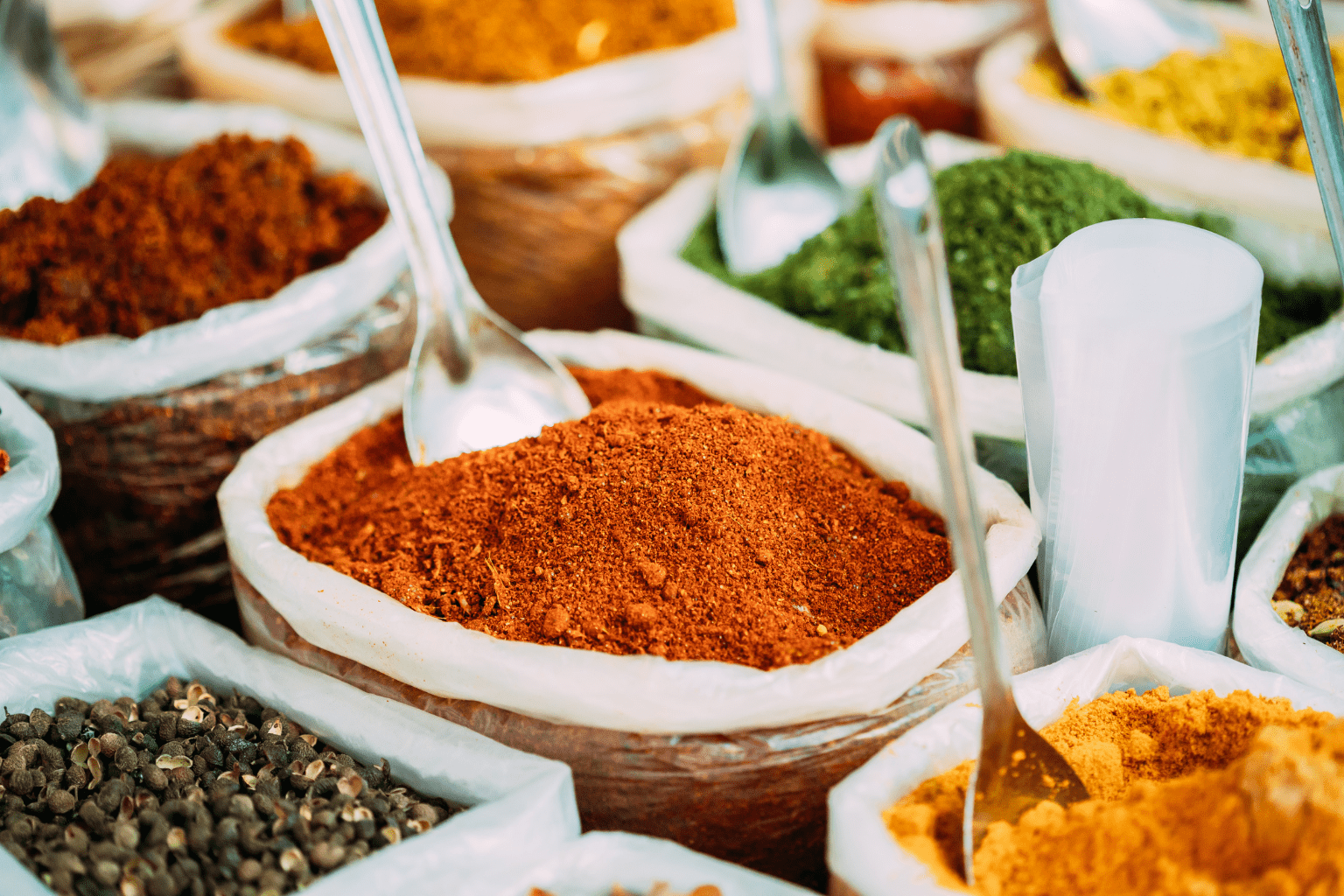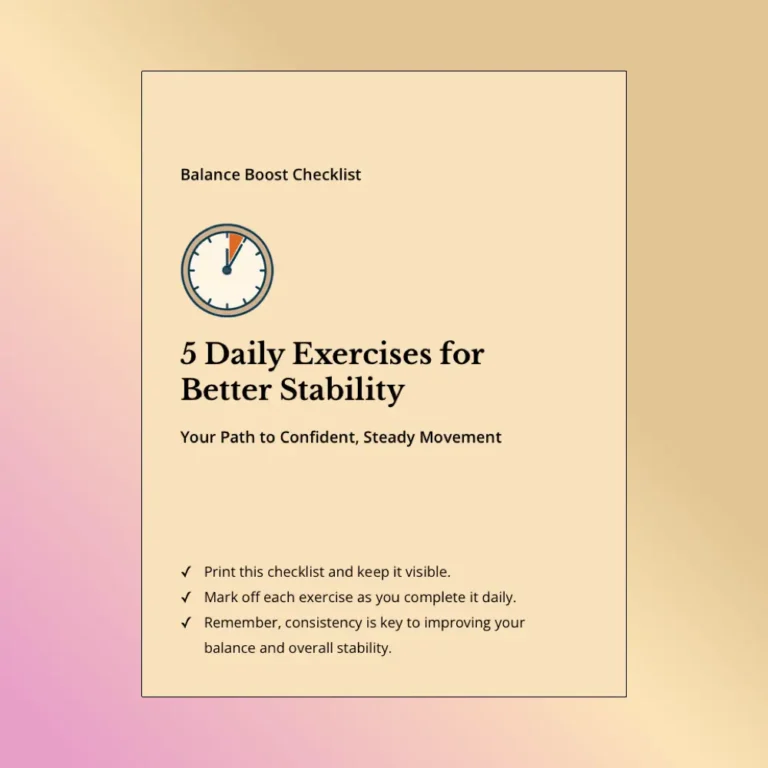
Highlights

In the wonderful world of cooking, herbs and spices are some of nature’s best gifts, powerful allies for senior health and vitality. As we get older, our nutritional needs change, and including these aromatic additions can really boost our well-being. From strengthening immunity to fighting inflammation, the benefits of herbs and spices are both impressive and delicious, making them key ingredients in health-focused cooking for seniors. The health benefits of culinary herbs and spices extend far beyond just adding flavor to meals.
Herbs come from the leafy green parts of plants and are often used fresh or dried in cooking. Spices, on the other hand, come from seeds, roots, or bark. For older adults, including a variety of both can not only make meals taste better but also provide important nutrients. Common herbs like basil, parsley, and thyme, along with spices such as turmeric, ginger, and cinnamon, offer a wealth of health benefits that can be easily added to daily meals. The use of herbs and spices has been documented throughout history for both culinary and medicinal purposes.
Culinary medicine combines the art of cooking with the science of health, focusing on the healing properties of food. This approach is especially helpful for seniors. By using herbs and spices not just for flavor but as functional ingredients, we can create meals that support health and longevity. This is where therapeutic cooking comes into play, turning ordinary dishes into powerful health boosters. The effects of herbs and spices on overall health and well-being are increasingly supported by scientific research.
Since inflammation often plays a big role in many age-related problems, adding anti-inflammatory herbs and spices to meals can make a real difference in managing chronic disease:
Besides fighting inflammation, herbs and spices offer many additional benefits for seniors:
Enjoying the health benefits of herbs and spices can be as simple as adding them to everyday recipes. Here are a few ideas to get you started:
These recipes not only taste better but also boost the nutritional benefits of your meals, making them an enjoyable part of your cooking routine. Herbs and spices in cooking can transform simple dishes into health-promoting meals.
When it comes to cooking, safety and ease should be top priorities for seniors. Here are some helpful tips:
By making small changes in the kitchen, seniors can create meals that are both delicious and healthy. Cooking with herbs and spices doesn’t have to be complicated to provide health benefits.
It’s important to understand the difference between cooking amounts of herbs and spices and their medicinal doses. While using them in cooking is safe and beneficial, medicinal doses should always be approached carefully and ideally with guidance from a healthcare provider. The intake of herbs for medicinal purposes requires different considerations than culinary use.
Adding herbs and spices to daily meals should be done gradually. Start with small amounts and see how your body responds. For those taking medications, moderation is key, and it’s always good to check with healthcare professionals about dietary changes. The potential of herbs and spices for health improvement is best realized through consistent, moderate consumption.
Certain herbs and spices can interact with medications, so seniors need to be informed:
Being aware of these interactions can help seniors safely enjoy the benefits of herbs and spices while minimizing risks. The health effects of combining certain herbs and spices with medications should never be overlooked.
Watching for health changes when introducing new ingredients is essential. Keeping a simple journal can help track any reactions or side effects, making it easier to adjust food choices as needed. This is particularly important for elderly men and women who may be more sensitive to dietary changes.
Many older adults have experienced remarkable improvements by adding herbs and spices to their diets. For example, Mary, a 68-year-old retired teacher, shared how adding turmeric to her meals not only improved her arthritis symptoms but also made her food more enjoyable. “I never knew food could be so flavorful and healing at the same time,” she said.
These personal stories highlight the significant impact that simple dietary changes can have on health and happiness. Many seniors find that anti-inflammatory foods can significantly improve joint health.
Getting more herbs and spices into your meals doesn’t have to be complicated. Here are some simple approaches that work well for seniors:
Creating your own spice blends can be a fun way to experiment with flavors while getting health benefits. Try these combinations:
Even with limited space, seniors can grow fresh herbs:
Growing your own herbs not only provides fresh ingredients but can also be a rewarding hobby that encourages physical activity and connection with nature. Using herbs and spices from your own garden ensures maximum freshness and nutritional benefits.
Different seasons call for different herbs and spices, both for their availability and for how they complement seasonal foods:
During colder months, warming spices can help circulation and provide comfort:
In warmer weather, some herbs can help cool the body:
Adjusting your herb and spice use with the seasons connects you to natural cycles and provides the right support for your body throughout the year. Integrating herbs and spices into your seasonal cooking can enhance overall health.
Getting the most benefit from herbs and spices means keeping them fresh:
Can I take herbal supplements instead of using culinary herbs and spices?
While supplements might seem convenient, getting herbs and spices through food is generally safer for seniors. Culinary amounts rarely cause side effects, while concentrated supplements might interact with medications. Always talk with your doctor before starting any supplement. According to the National Health and Nutrition Examination Survey, whole food sources of herbs and spices are preferable to supplements for most people.
How can I enjoy herbs and spices if I have dental issues?
If chewing is difficult, try ground spices instead of whole ones, and incorporate herbs into smoothies, soups, or sauces. Herb-infused oils are another good option that provides flavor without texture challenges. Many herbs and spices can be enjoyed in forms that are gentle on sensitive teeth.
Will herbs and spices help if I’ve lost some of my sense of taste?
Yes! Many seniors experience diminished taste sensation with age. Herbs and spices can help compensate for this by providing stronger flavors and engaging other senses like smell. Warming spices like cinnamon and ginger are particularly effective. Studies on herbs and spices for senior health confirm these benefits.
How can I afford fresh herbs on a fixed income?
Growing your own herbs is the most economical option. Otherwise, consider buying dried herbs in bulk or splitting fresh herb bunches with friends. Frozen herbs are another cost-effective alternative that maintains most nutritional benefits. The consumption of herbs and spices doesn’t have to be expensive to be beneficial.
Herbs and spices are much more than just flavor enhancers; they’re powerful allies for senior health. From their anti-inflammatory properties to their contributions to brain function, the benefits are too significant to ignore. By welcoming these natural wonders into your kitchen, you can enhance your cooking while gaining numerous health benefits.
So why not give it a try? Start experimenting with herbs and spices today, your taste buds and your health will thank you. Have you tried any new recipes or flavors lately? We’d love to hear about your experiences or favorite herbal recipes in the comments below, or subscribe for more helpful articles on senior health and wellness.
For a delightful visual guide, check out this video on the benefits of herbs and spices for senior health that shows these culinary treasures in action.
Discover the magic of culinary medicine in your kitchen and enjoy the transformative power of herbs and spices for your health!
